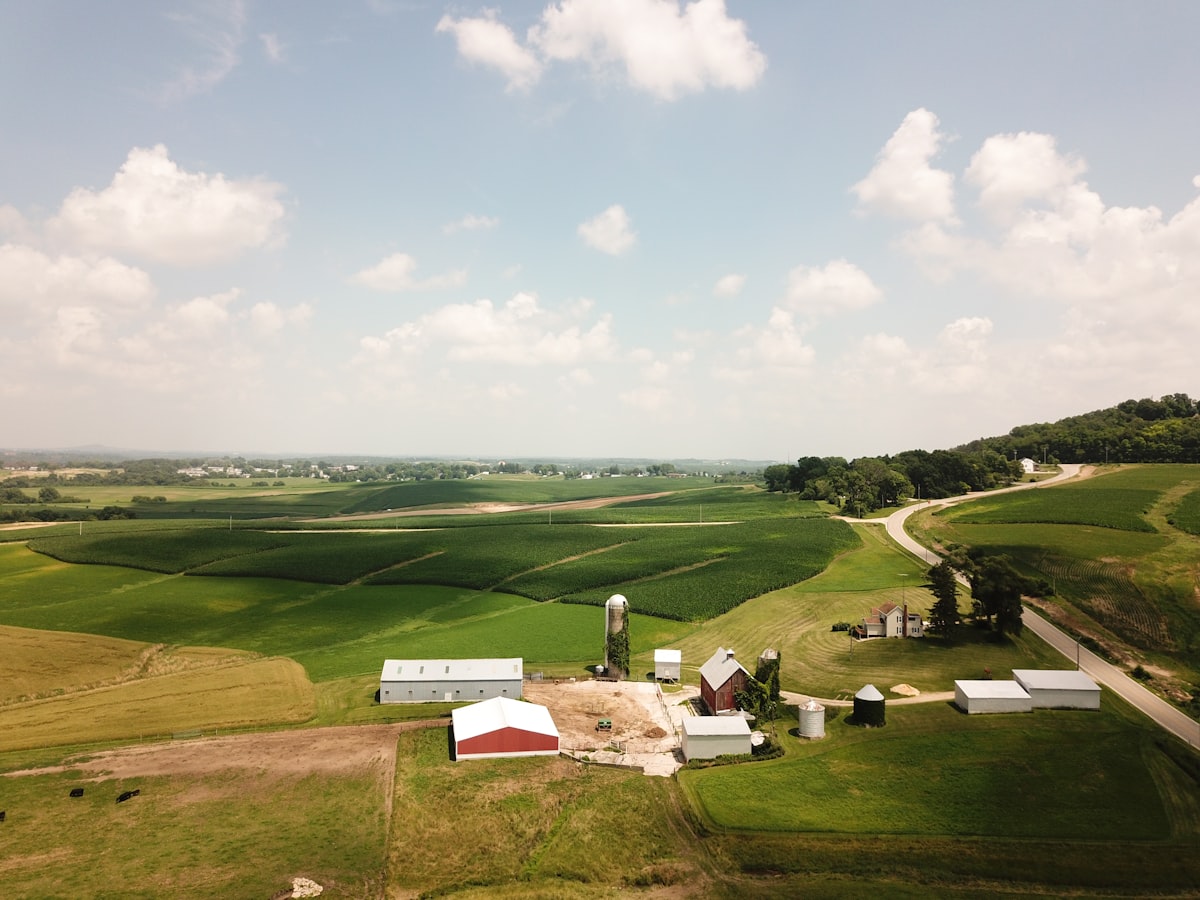Rural
Nearly 70 broadband associations have asked the FCC to permit recipients of RDOF and CAF II to relinquish their commitments.


WASHINGTON, March 6, 2024 – The Federal Communications Commission initiated a comment and reply comment period Tuesday on a proposal to grant limited amnesty to recipients of two major FCC broadband expansion initiatives, so that more communities are eligible to receive funding through the $42.5-billion Broadband Equity Access and Deployment program.
Stakeholders will have until March 26 to weigh in on the issue, with the reply comment period open until April 9, states a public notice from the FCC’s Wireline Competition Bureau. Comments can be filed in the agency’s Electronic Comment Filing System.

Signatories are specifically requesting that the FCC issue a brief amnesty period, during which companies that are unable to fulfill their contracts made under the FCC’s Rural Digital Opportunity Fund or the Connect America Fund Phase II can relinquish them without facing penalties, before BEAD funding is released to states.
To further incentivize relinquishment, the commission could consider increasing the penalties for awardees who default after the amnesty period is over, some have suggested.
The proposal to pardon award recipients from broadband deployment commitments without subjecting these companies to the full penalties outlined by program regulations comes from a letter penned to the FCC last Wednesday by nearly 70 broadband experts, trade associations, internet service providers, state and local officials, nonprofits, schools, unions, and more.
The letter raises concerns regarding the progress of the FCC’s broadband expansion efforts, pointing out that “there are a large number of census blocks throughout the country where RDOF and CAF II awardees have not even begun to build their networks for a variety of reasons.”
As outlined in BEAD program guidelines, communities that have previously obtained grants from other federal broadband initiatives, including the RDOF and CAF II, are ineligible from accessing any portion of the funding allocated under BEAD.
As a result, these communities might miss out on the opportunity to receive federal funding for broadband expansion if the RDOF or CAF II awardee in their area fails to fulfill their obligations.
The concern is significant, as nearly one hundred of RDOF awardees have already defaulted on their awards, with more expected to follow suit.
“Many of the RDOF and CAF II awardees who cannot or will not deploy their networks are located in states with the greatest connectivity needs, like Missouri and Mississippi,” the coalition’s full letter states.
“The goal is to incentivize ISPs to release their funding areas now, so that these communities are eligible for BEAD funding and do not miss out on America’s largest ever broadband infrastructure expansion program.”




